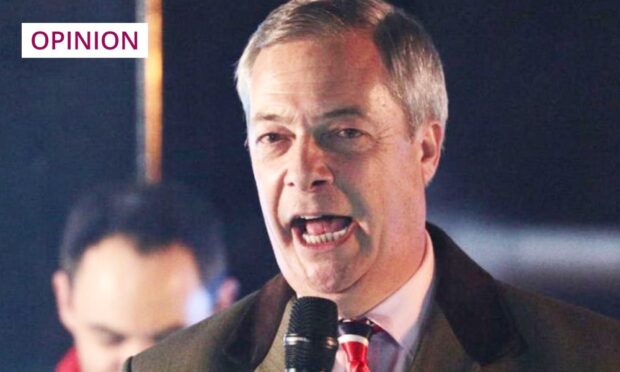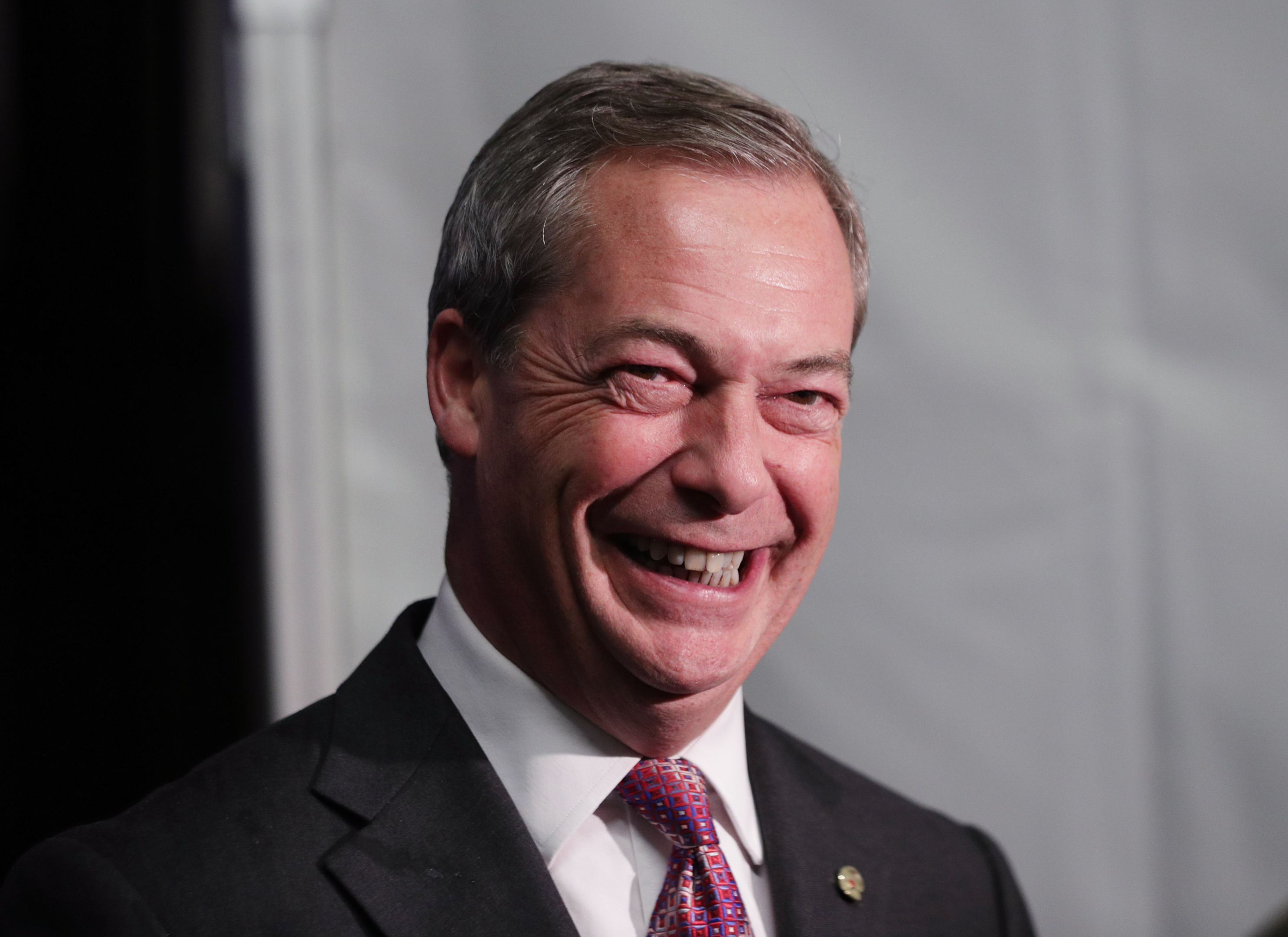Who’d be a banker?
Never a profession to top the list in the popularity stakes, especially in recent times, the sector’s reputation has taken another hit amid the fallout from the Nigel Farage-Coutts episode.
Or at least it has among that section of the population for whom the former UKIP leader is still a hero, and for whom the actions of Coutts and its parent company NatWest are beyond the pale for having jettisoned Farage as a customer, supposedly for his political views.
The fact the saga has seen the downfall of the chief executive of one of the UK’s biggest banks is remarkable in many respects.
It is also an object lesson in how a political story and corporate communications crisis can quickly spiral out of control.
Niche story becomes firestorm
What started off as a relatively niche story about Farage when he claimed he had been “de-banked” for his political views – at that point with little if any hard evidence to back up the claim – rapidly escalated into an uncontrollable firestorm which left Dane Alison Rose with little real option but to quit her post.
It’s ironic that many of the same commentators and media outlets professing outrage at Farage’s treatment would doubtless have remained utterly silent had politicians of some other persuasions been the customer involved.
Indeed, it’s no stretch to suggest that in those circumstances there may well have been a chorus along the lines of “banks must be free to pick and choose who they accept as customers”.
But there is one aspect of this row which hasn’t perhaps received the attention it deserves and that is the direct political influence which was seemingly brought to bear in the demise of Dame Alison in her post.
The NatWest board insisted they had confidence in their chief executive but that position rapidly crumbled and in the very early hours of the following morning the bank’s boss was confirmed to have left her post.
The reason for the volte-face seems very clear.
The key event in the sequence was the reported intervention of the UK Government.
The bank backed its chief until the intervention of “Downing Street sources” indicating Number 10’s disapproval.
And that should give everyone some serious pause for thought over the extent of political influence on such matters.
‘Extraordinary statements’
Can it be right that an independent company and leading financial institution should effectively have its decisions dictated by the government of the day?
Once again, the suspicion is that many of those nodding in approval at the outcome in the Farage case would normally be on the side of the argument which says governments should have no business in seeking to call the shots – implicitly or explicitly – to major corporations on whom they should employ.
Thus far, the “Downing Street sources” seem to have managed to keep silent and resist the temptation to further take up the cudgels on behalf of Farage – never one to miss an opportunity when he senses he has the advantage – in his calls for the whole NatWest board to resign.
But this episode isn’t the only one which prompts serious questions about the role of the Tory Government in approving or vetoing leading appointments.
When the BBC was in the process of appointing a new political editor last year, there was widespread media commentary to the effect that whoever was appointed would “have to be acceptable” to Number 10, or words to that effect.
It is worth pausing for a moment to ponder just how extraordinary statements like that are.
That it should be considered not just normal, but appropriate, for the UK Government to be attempting to wield a veto on a key journalistic appointment suggests there is something deeply wrong in the extent of their influence.
I should say at this point that I know Chris Mason, the man who was appointed as the BBC’s political editor, and he is a fine journalist, fiercely and rightly protective of his undoubted impartiality and integrity.
But the point remains that the UK Government still believes it is appropriate for it to try to exercise such power.
‘Not the Scottish Government approach’
Perhaps the best way to illustrate how inappropriate this behaviour actually is would be to try and imagine the reaction should it be replicated here in Scotland when it comes to the most senior journalistic or corporate appointments.
The Scottish Government does not, and has never in my experience, try to influence things in such a way.
If it did, the airwaves and column inches would be filled, not altogether unjustifiably, with furious condemnation about a government that had drastically overstepped the mark in trying to bully independent corporations.
As it is, the UK Government continues to engage in such behaviour with barely a murmur of disapproval heard or eyebrow raised.
Stuart Nicolson is a former political journalist and ex-adviser to Nicola Sturgeon and Alex Salmond.












